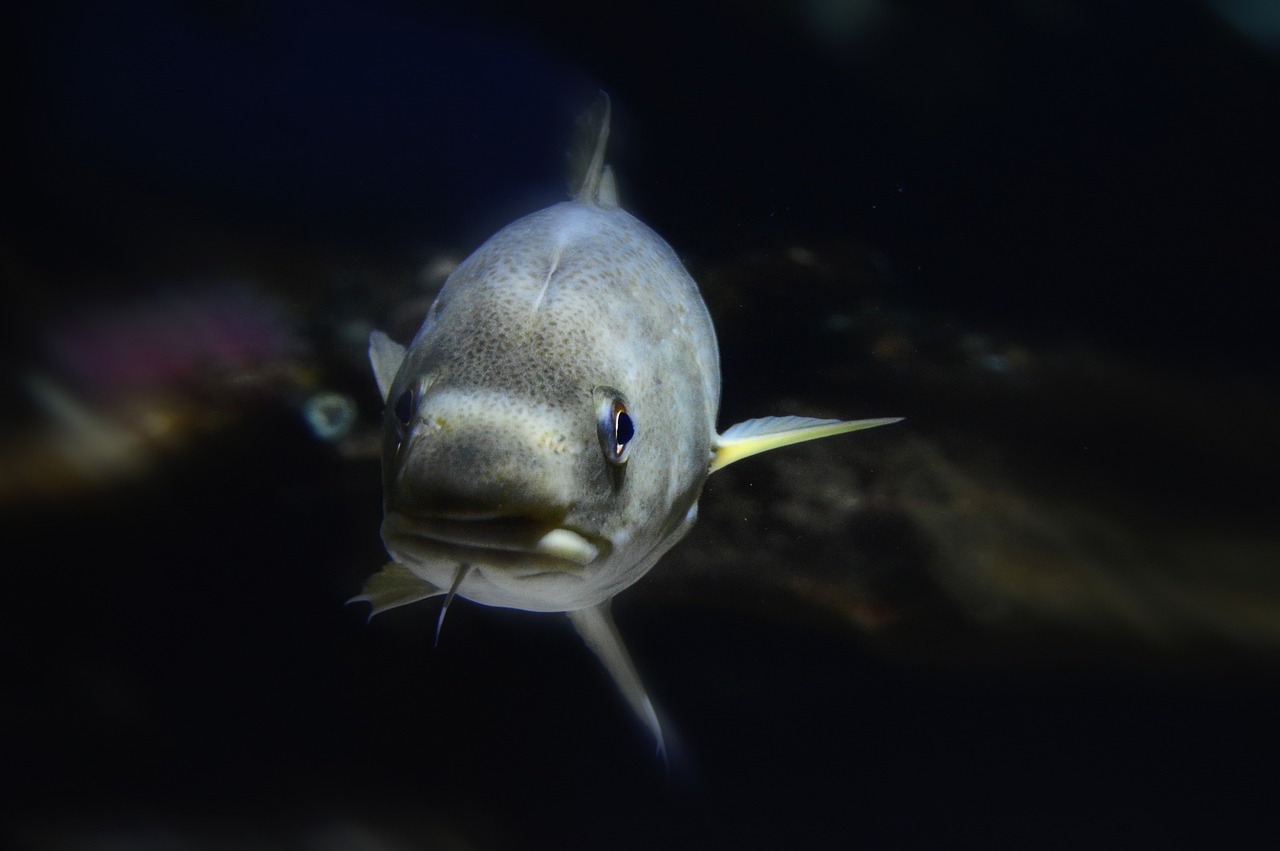Photo by ‘Viviane 6276′
The eastern Baltic cod population has shrunk dramatically in both size and genetic diversity over the past three decades, according to new research that scientists say underscores the evolutionary toll of intensive fishing.
A study published in the journal Science Advances found that the average mature length of eastern Baltic cod has declined from about 40 cm in 1995 to just 20 cm by 2019. Median weight dropped from 1.36 kg to 0.27 kg over the same period. Researchers from GEOMAR Helmholtz Centre for Ocean Research in Kiel attributed this shift not merely to environmental stressors, but to fisheries-induced evolution, whereby sustained fishing pressure has actively selected for smaller, faster-maturing fish.
The team analysed the otoliths (ear bones) and full-genome sequences of cod specimens collected between 1996 and 2019 in the Bornholm Basin. As reported by Fishing News, the findings suggest that traits associated with fast growth and larger body size have been systematically selected against — a trend that could undermine the stock’s ability to recover.
Lead author Dr. Kwi Young Han noted that while climate stress, low oxygen levels, and reduced prey availability have played roles in the cod’s decline, the data show that decades of size-selective fishing were the dominant force driving genetic changes. Cod that grew slowly and matured earlier were more likely to escape nets and reproduce — leading to a population dominated by smaller fish.
This shrinkage has serious implications. Smaller cod produce fewer eggs and are less likely to survive shifting ocean conditions, weakening both ecological resilience and future fisheries yields. Even after the European Union imposed a full ban on targeted cod fishing in the Baltic in 2019, cod have shown little sign of recovery, according to researchers and long-term catch monitoring data.
Marine ecologist Professor Stefano Mariani, who was not involved in the study, noted that while genetic analysis alone couldn’t fully account for the dramatic shrinking observed in cod populations—pointing to environmental factors likely playing a key role—the finding that “activities of humans can speed up evolution” marked a milestone.
The study, he said, underscores the need to monitor genetic diversity in fish populations, not just their numbers. “It would be really good to try to maintain diversity because as soon as you chop away a certain section of diversity, it’s like losing an insurance for the future where that might have an advantage,” he said.
The eastern Baltic cod once supported a major commercial fishery and played a key role as a top predator. As the cod’s size and abundance decline, the structure of the Baltic Sea ecosystem may also shift, with potential knock-on effects on prey species like sprat and herring.
The case has drawn wider attention as a cautionary tale for global fisheries. Writing about the findings, the Financial Times described the cod’s transformation as a landmark example of how evolutionary pressures can now occur on a human time scale.
The authors argue that recovery efforts must go beyond short-term quotas and moratoriums. Instead, they call for fisheries management strategies that account for genetic diversity and life-history traits, to ensure long-term sustainability and adaptability in the face of climate change.
